Home>Garden Essentials>How Much Cyanide Is In An Apple Seed
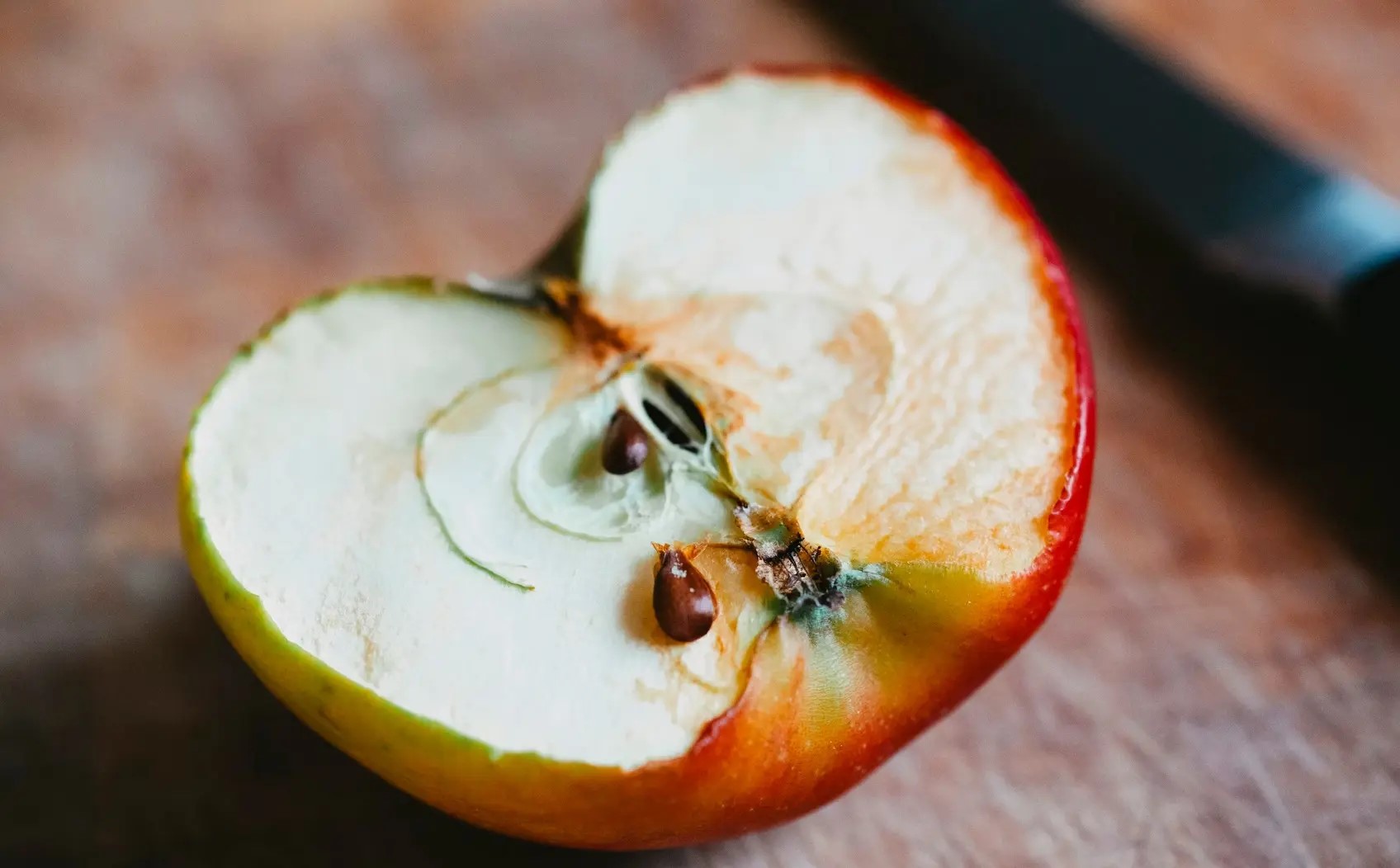

Garden Essentials
How Much Cyanide Is In An Apple Seed
Modified: September 1, 2024
Discover how much cyanide is present in garden apple seeds. Learn about the potential risks and precautions associated with handling and consuming these seeds.
(Many of the links in this article redirect to a specific reviewed product. Your purchase of these products through affiliate links helps to generate commission for Storables.com, at no extra cost. Learn more)
Introduction
Apples are one of the most popular and beloved fruits, enjoyed for their crisp texture and sweet flavor. However, have you ever wondered about the small seeds nestled within the juicy flesh? It is often said that apple seeds contain cyanide, a highly toxic compound. But just how much truth is there to this claim? In this article, we will explore the presence of cyanide in apple seeds, the potential risks of cyanide poisoning, and dispel any misconceptions surrounding this topic.
Key Takeaways:
- Don’t worry about apple seeds! The small amount of cyanide in them is unlikely to harm you. Enjoy your apples in moderation and savor their delicious flavor and health benefits.
- The myth of apple seed cyanide poisoning is just that—a myth! The protective seed coat and natural detoxification mechanisms make apple seed poisoning highly unlikely. So go ahead and enjoy your apples without fear.
Read more: What Fruit Seeds Contain Cyanide
What is Cyanide?
Cyanide is a chemical compound that is well-known for its toxicity. It is composed of a carbon atom bonded to a nitrogen atom, forming a highly reactive and dangerous molecule. Cyanide can be found in various forms, including hydrogen cyanide gas and various cyanide salts.
Cyanide is extremely toxic to humans and animals as it interferes with the body’s ability to utilize oxygen. It disrupts the normal functioning of cells by inhibiting an enzyme called cytochrome c oxidase, which is vital for cellular respiration. This interference ultimately leads to a deprivation of oxygen in the body’s tissues, resulting in severe health consequences.
It is important to note that cyanide is not only found in apple seeds but can also occur in small amounts in certain other plants, including peach pits, cherry pits, and bitter almonds. Additionally, cyanide can be produced as a byproduct of certain industrial processes, such as gold mining and cigarette smoking.
While cyanide is undeniably toxic, it’s crucial to understand that the dose makes the poison. Consuming small amounts of cyanide does not necessarily lead to immediate harm. The body has some inherent mechanisms to detoxify small quantities of cyanide, but excessive exposure can be hazardous and potentially fatal.
Cyanide in Apple Seeds
Apple seeds, along with the seeds of other fruits in the Rosaceae family, such as pears and cherries, do indeed contain a small amount of cyanide. The cyanide is primarily found in a compound known as amygdalin, which is a glycoside present in the seeds.
When apple seeds are chewed or crushed, the amygdalin is released and broken down in the digestive system. This breakdown process releases hydrogen cyanide gas, which can be potentially harmful if consumed in large quantities. However, the amount of cyanide produced from chewing apple seeds is generally far too small to cause any immediate harm.
It is estimated that the cyanide content in apple seeds ranges from 0.6 to 3 milligrams per gram of seeds. To put this into perspective, an average apple contains approximately 10 seeds, and consuming a few seeds will not result in a cyanide toxicity level that poses a serious threat to human health.
Moreover, the protective seed coat of apple seeds also acts as a barrier, preventing the release of amygdalin and limiting the amount of cyanide that can be liberated. This further reduces the risk associated with consuming apple seeds.
That being said, it is essential to note that apple seeds should not be consumed in large quantities. While the chances of cyanide poisoning from consuming apple seeds alone are extremely low, ingesting a significant number of seeds or crushing them to release a higher concentration of amygdalin may increase the risk.
It is always wise to exercise moderation and enjoy apples in their whole form, including the seeds, in small amounts without chewing or crushing them.
While apple seeds do contain cyanide, the amount is very small and would not typically be harmful if consumed in small quantities. However, it’s best to avoid eating apple seeds to be safe.
Cyanide Poisoning
Cyanide poisoning can occur when the body is exposed to an excessive amount of cyanide. The severity of symptoms depends on the dose and duration of exposure. Cyanide interferes with cellular respiration, preventing cells from utilizing oxygen properly, leading to a range of symptoms that can be potentially life-threatening.
Initial symptoms of cyanide poisoning may include headache, dizziness, confusion, nausea, and rapid breathing. As the poisoning progresses, more severe symptoms can manifest, such as seizures, loss of consciousness, respiratory distress, rapid heart rate, and even cardiac arrest.
Immediate medical attention is necessary if cyanide poisoning is suspected. Treatment typically involves administering antidotes, such as hydroxocobalamin or sodium thiosulfate, which help to neutralize the cyanide and support the body in eliminating it.
It is important to note that cyanide poisoning is extremely rare from ingesting apple seeds alone. The body can tolerate small amounts of cyanide and has the ability to detoxify it to some extent. However, consuming a large quantity of apple seeds or combining their ingestion with other cyanide-containing substances can pose a greater risk.
It is also worth mentioning that individuals with specific health conditions, such as certain metabolic disorders or impaired liver function, may be more susceptible to cyanide poisoning. In such cases, even small amounts of ingested cyanide can have adverse effects, and caution should be exercised.
Overall, while the risk of cyanide poisoning from apple seeds is generally low, it is essential to practice moderation and avoid consuming excessive quantities. As with any food or substance, it is always wise to be aware of potential risks and exercise caution to maintain optimal health and well-being.
The Myth of Apple Seed Cyanide Poisoning
Over the years, a myth has circulated that apple seeds are incredibly toxic and can cause immediate and severe cyanide poisoning if ingested. This myth has caused unnecessary fear and confusion among many people.
While it is true that apple seeds contain small amounts of cyanide, as explained earlier, the concentration is usually too low to pose any immediate danger to human health. The body has natural mechanisms to handle small doses of cyanide and prevent toxicity.
The myth likely stems from cases of historical cyanide poisoning, where the substance was intentionally extracted from apple seeds and used as a lethal poison. However, it is essential to understand that these cases involved the extraction of cyanide from a significant number of seeds, far beyond what a person would typically consume by eating apples.
Furthermore, the protective seed coat of apple seeds acts as a barrier, limiting the release of the amygdalin and reducing the amount of cyanide that can be produced. This natural defense mechanism ensures that the cyanide remains safely contained within the seeds and does not pose a significant risk when consuming apples.
It is also worth noting that the human body can metabolize small amounts of cyanide through a process known as detoxification. The liver plays a crucial role in breaking down and eliminating cyanide from the body. As long as consumption is within reasonable limits, the body can handle the tiny amounts of cyanide present in apple seeds without any adverse effects.
Therefore, the fear and concern associated with apple seed cyanide poisoning are largely unfounded. Enjoying apples, including the seeds, in moderation as part of a balanced diet is perfectly safe and offers numerous health benefits.
However, it is important to exercise caution when it comes to other sources of cyanide, such as plants with higher cyanide content or industrial processes that produce cyanide as a byproduct. In such cases, proper handling, preparation, and consumption guidelines should be followed to ensure safety.
By dispelling the myth of apple seed cyanide poisoning, we can appreciate the nutritional value and enjoyment that apples bring without unnecessary worry or hesitation.
Read more: How To Plant Sprouted Apple Seeds
Conclusion
In conclusion, while apple seeds do contain a small amount of cyanide in the form of amygdalin, the risk of cyanide poisoning from consuming apple seeds alone is extremely low. The protective seed coat and the natural detoxification mechanisms of the body help prevent the release of significant amounts of cyanide.
Enjoying apples in their whole form, including the seeds, in moderation is not only safe but also provides essential nutrients and health benefits. The myth of apple seed cyanide poisoning has caused unnecessary fear and confusion, leading to unwarranted concerns about apple consumption.
It is important to differentiate between consuming a few apple seeds and ingesting a large quantity of seeds or extracting cyanide from them, as these are two entirely different scenarios with varying levels of risk. The occasional accidental ingestion of apple seeds is unlikely to cause harm.
However, it is still advisable to exercise caution, particularly for individuals with underlying health conditions or compromised liver function. If you have concerns or questions about apple seed consumption, it is always best to consult a healthcare professional.
So, continue to enjoy apples and savor their delicious flavor and nutritional benefits. Remember that the dose makes the poison, and in the case of apple seeds, the amount of cyanide present is generally too small to present a significant risk to your health.
Ultimately, let go of any unnecessary worry about apple seed cyanide poisoning and focus on the joy of biting into a crisp apple, enjoying it as nature intended.
Frequently Asked Questions about How Much Cyanide Is In An Apple Seed
Was this page helpful?
At Storables.com, we guarantee accurate and reliable information. Our content, validated by Expert Board Contributors, is crafted following stringent Editorial Policies. We're committed to providing you with well-researched, expert-backed insights for all your informational needs.
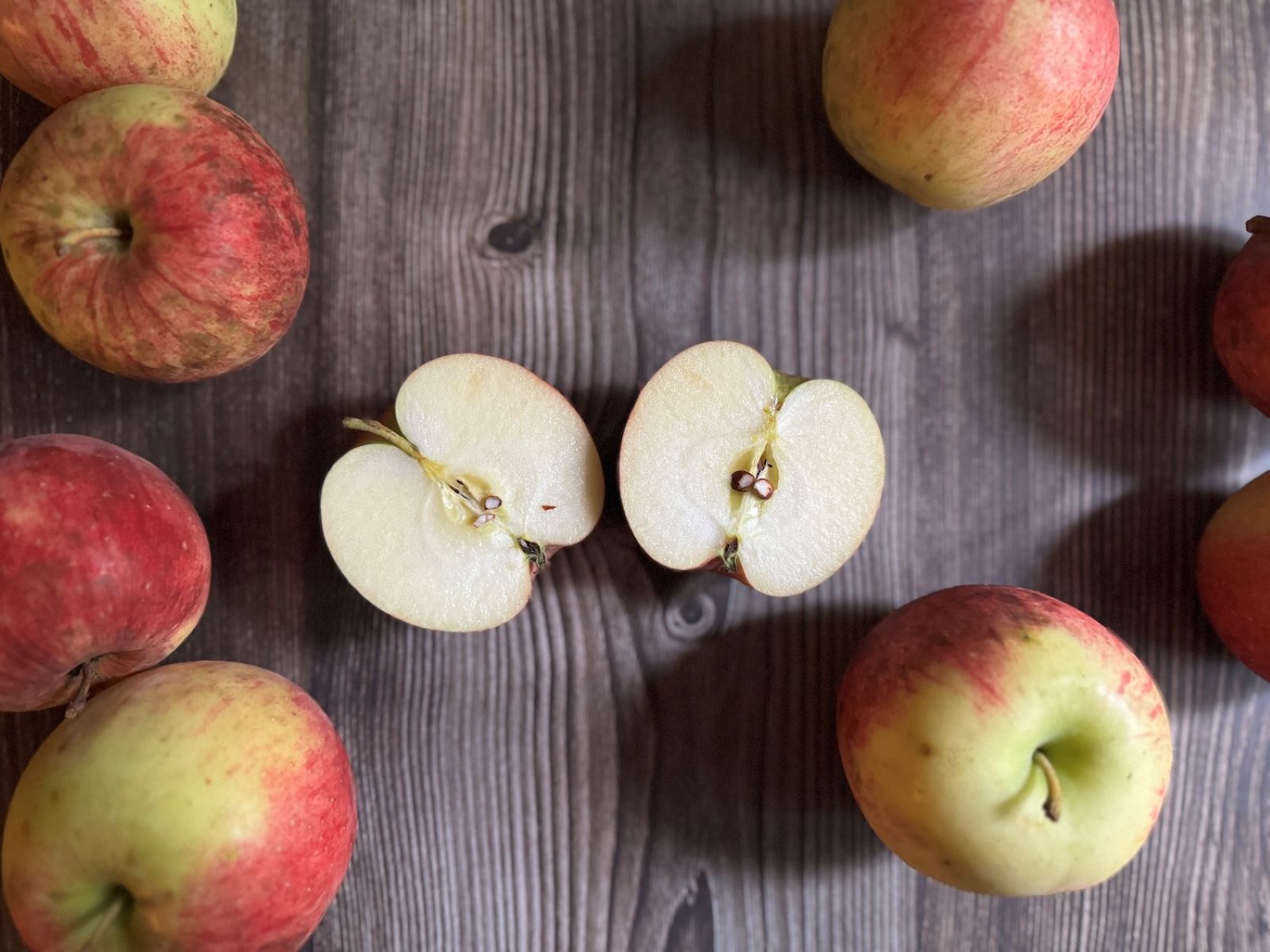
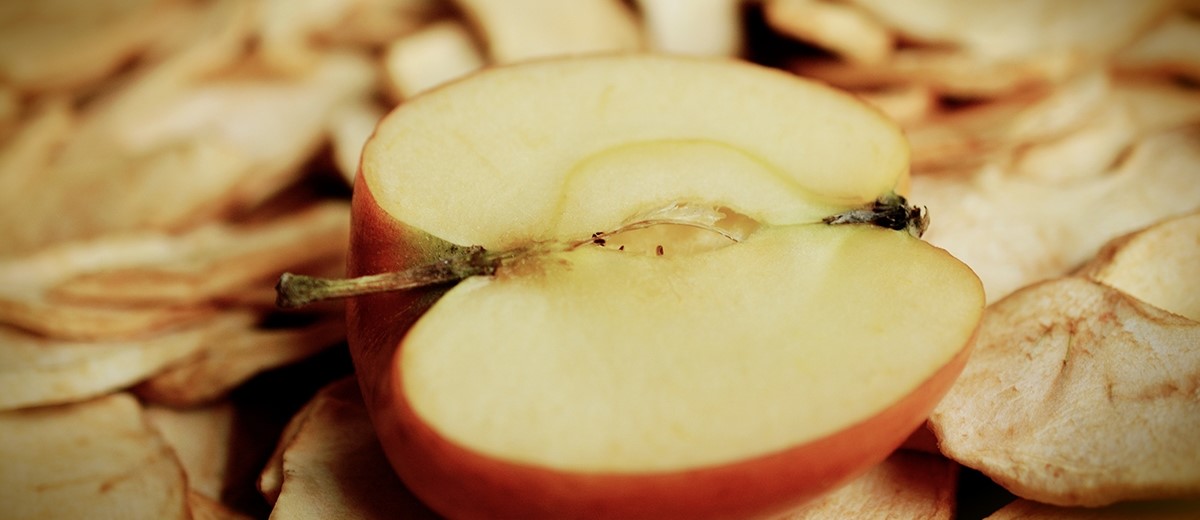
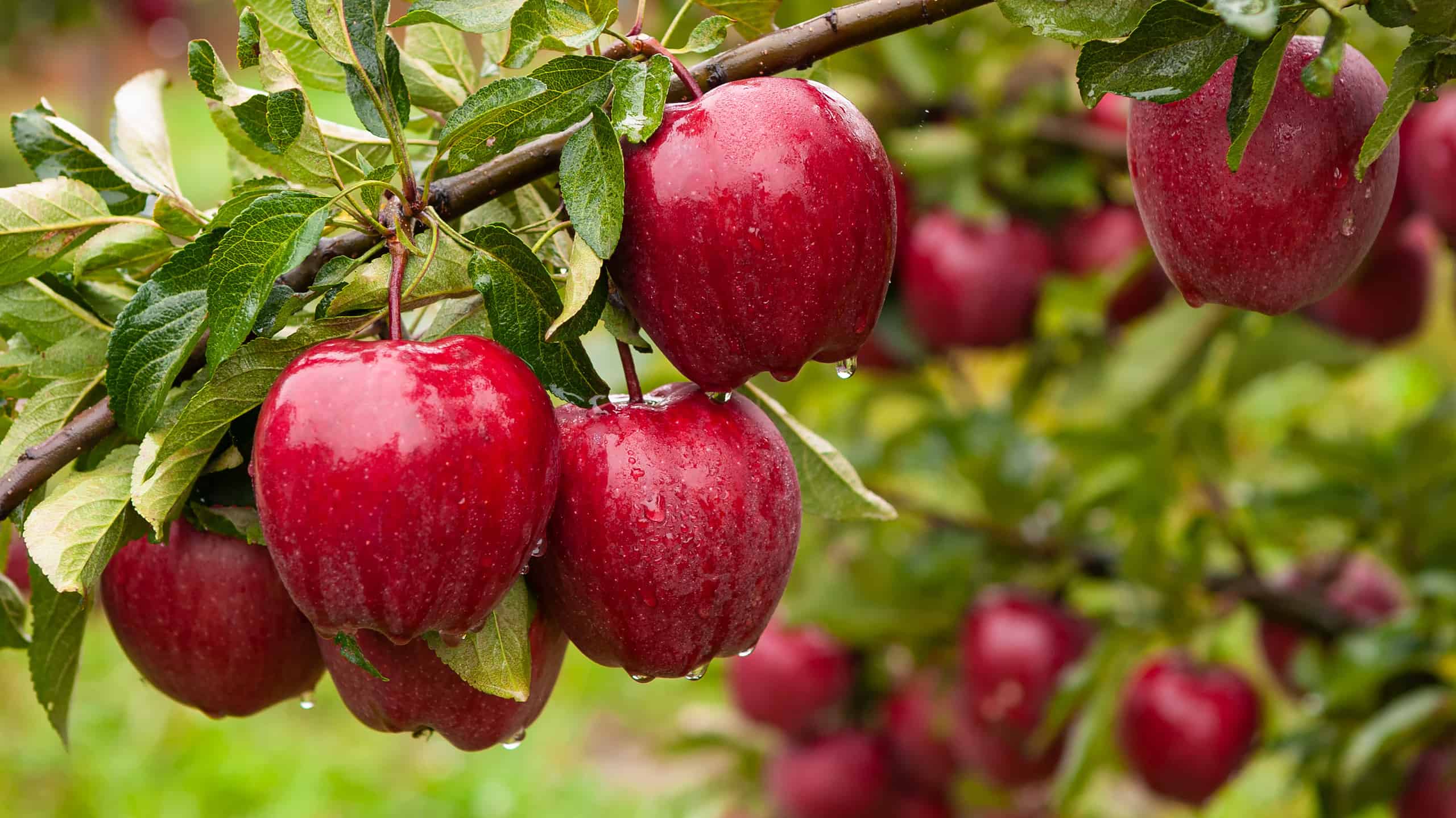
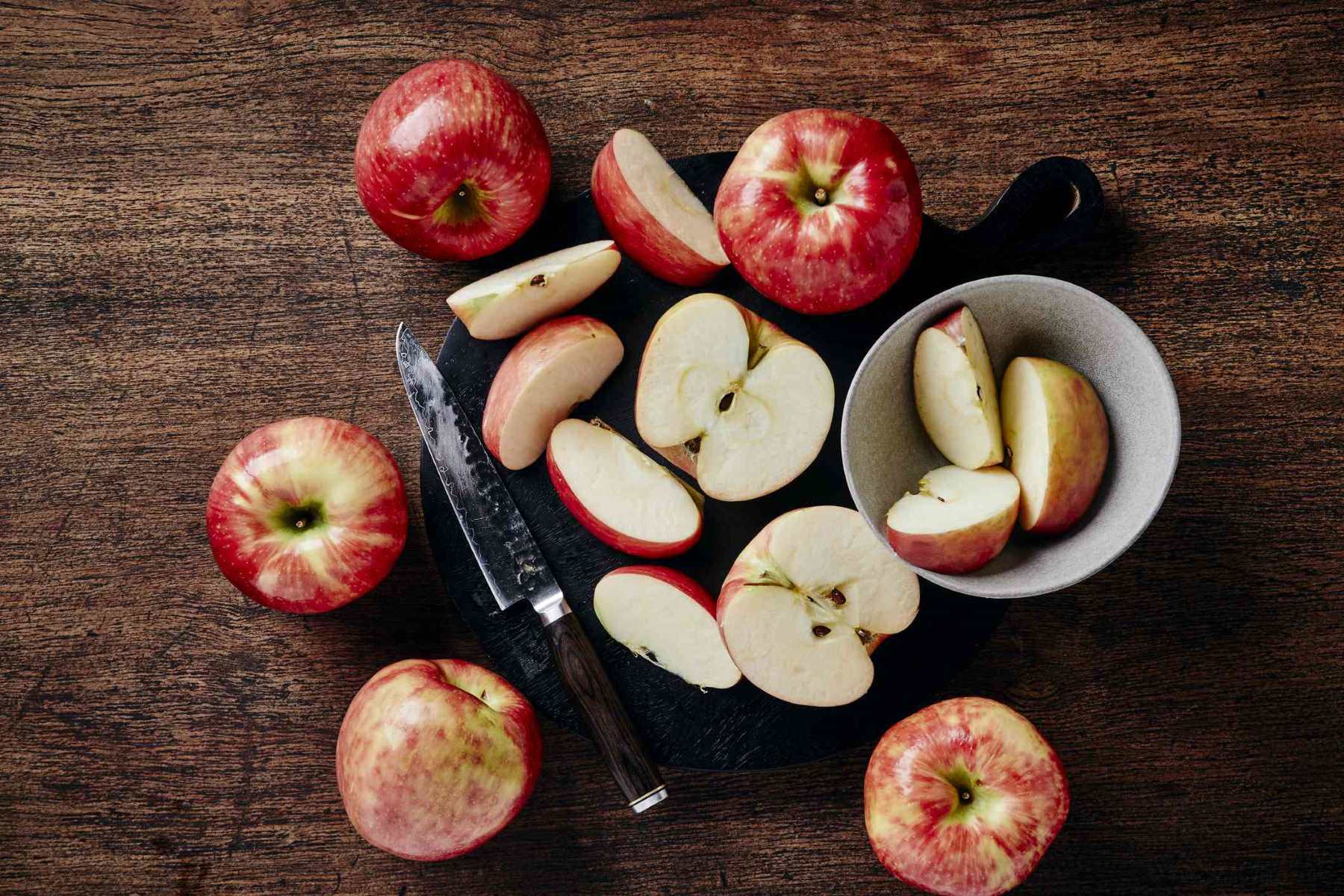
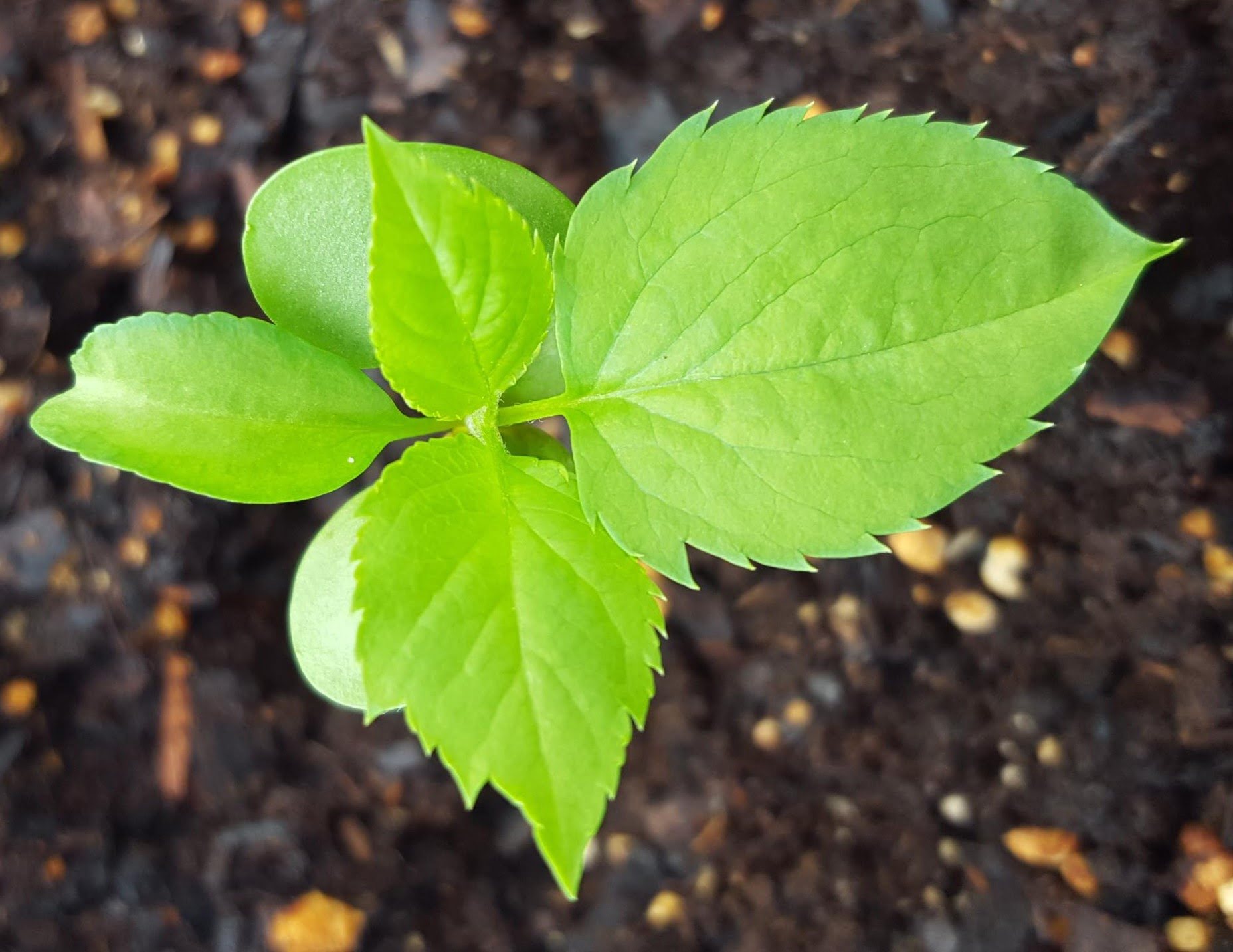
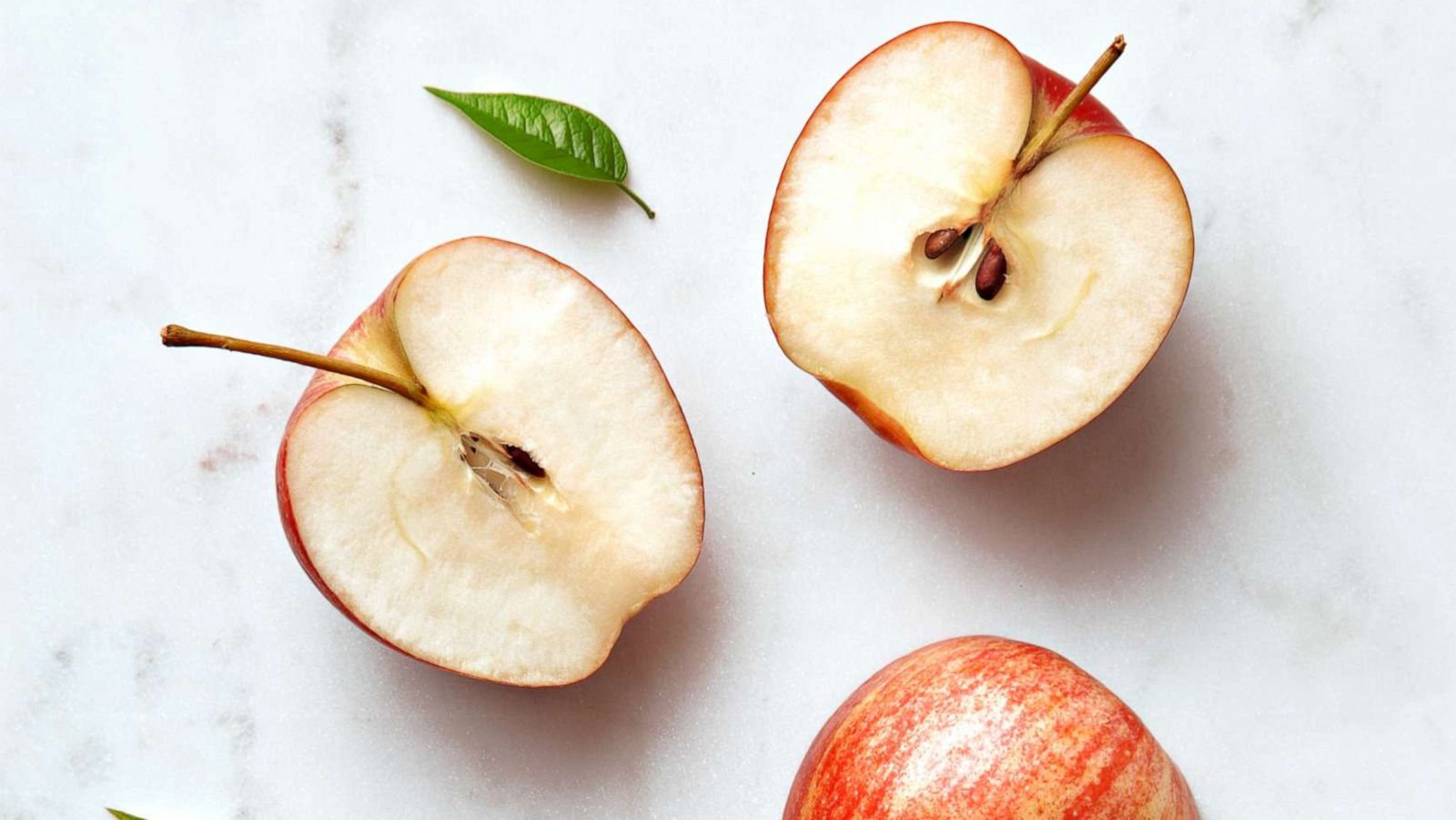
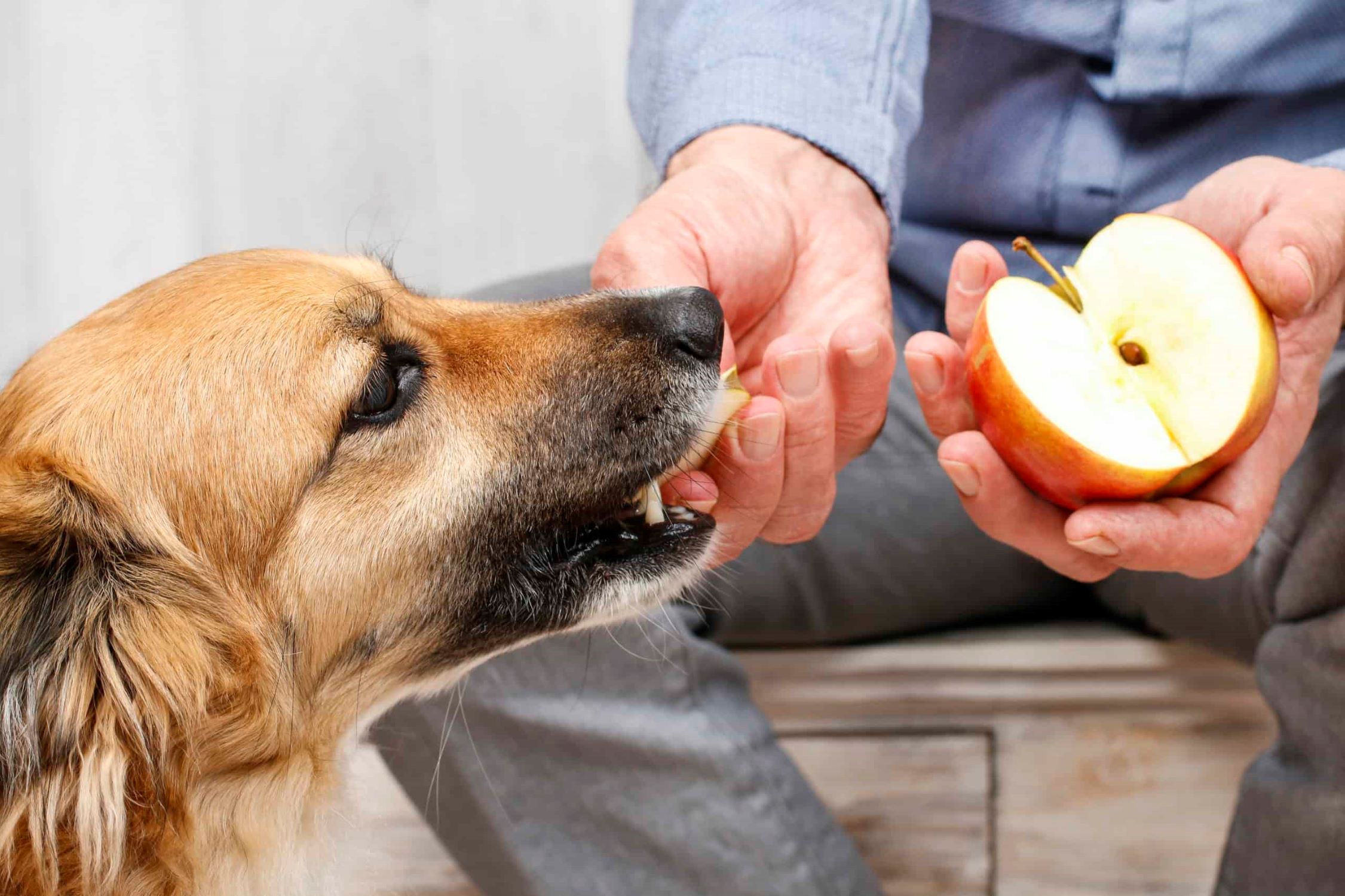
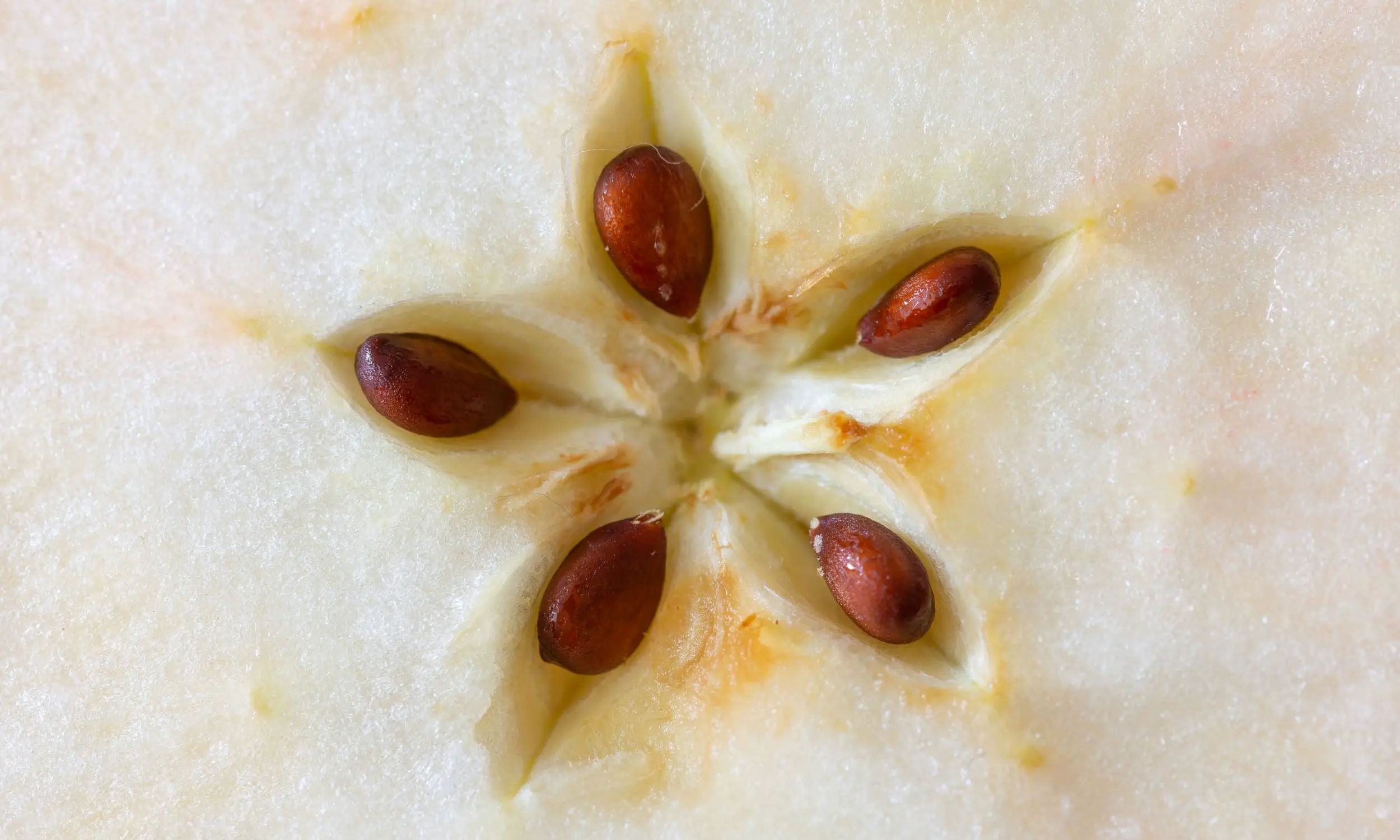
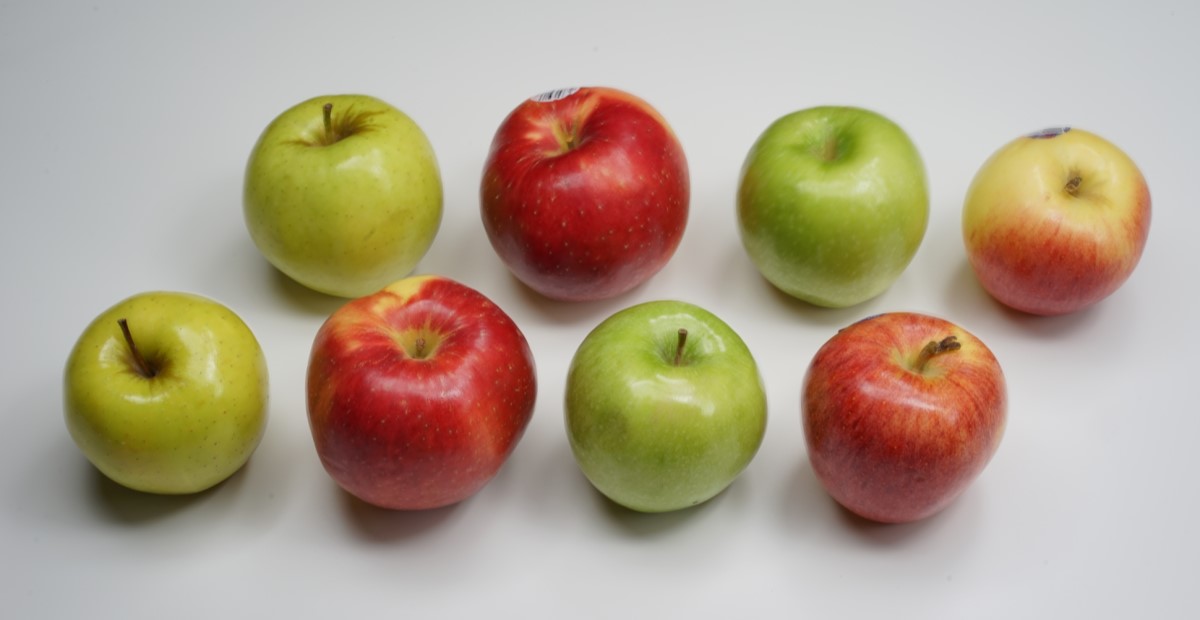
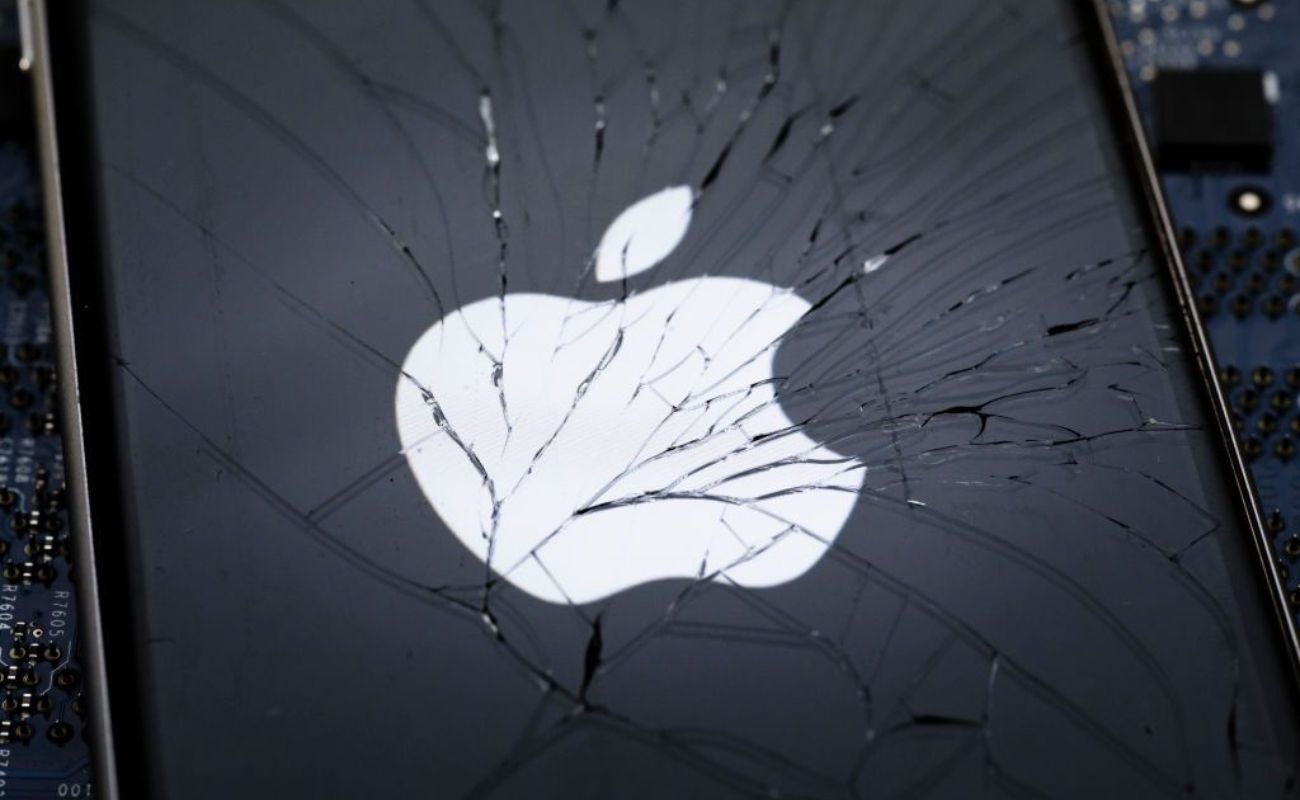
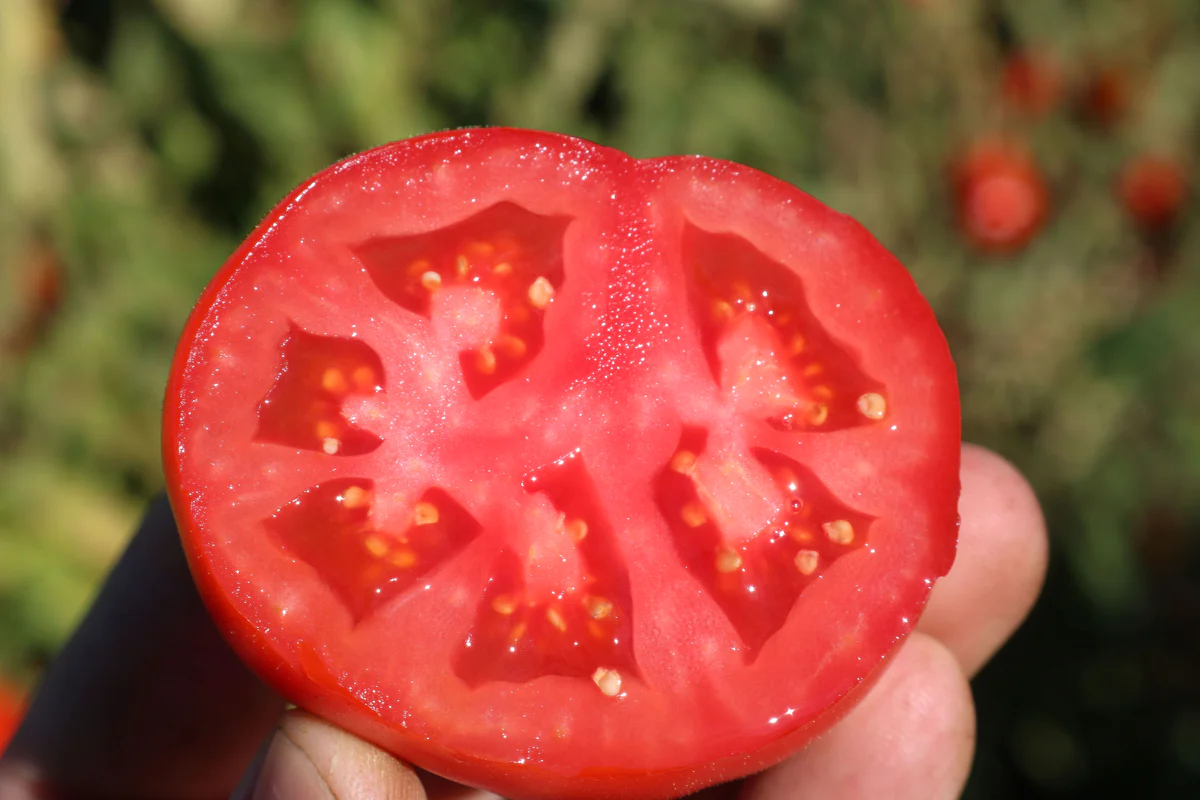
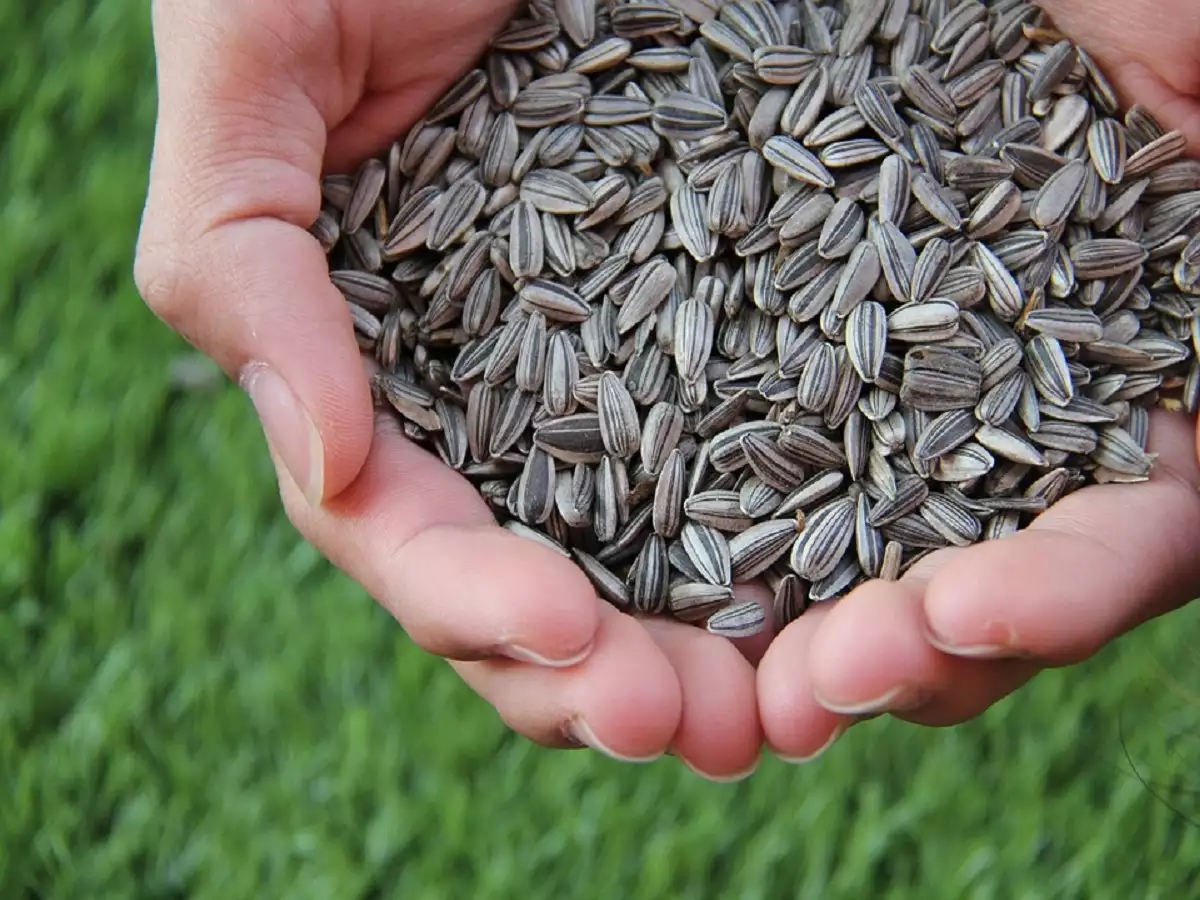

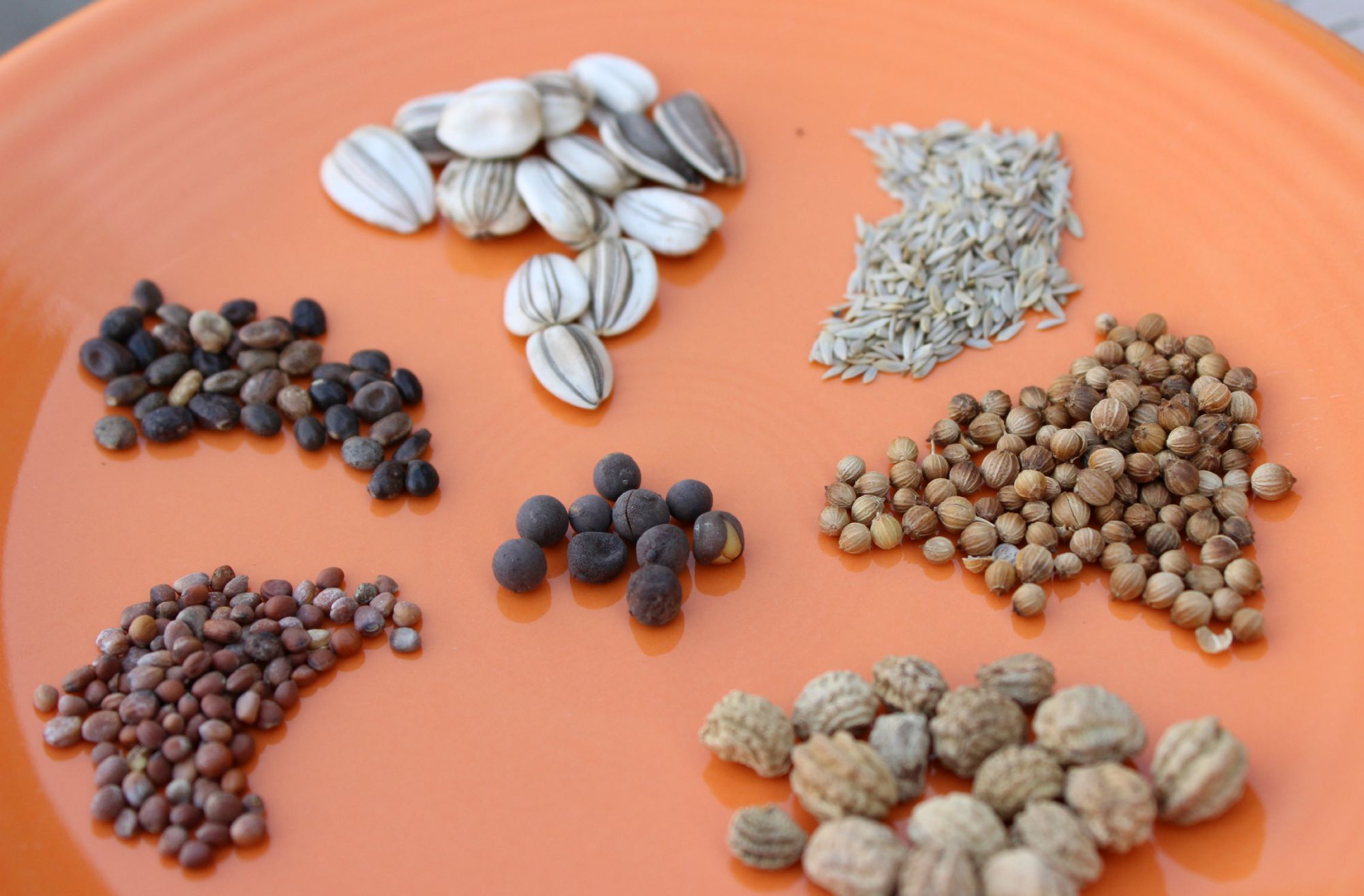

0 thoughts on “How Much Cyanide Is In An Apple Seed”